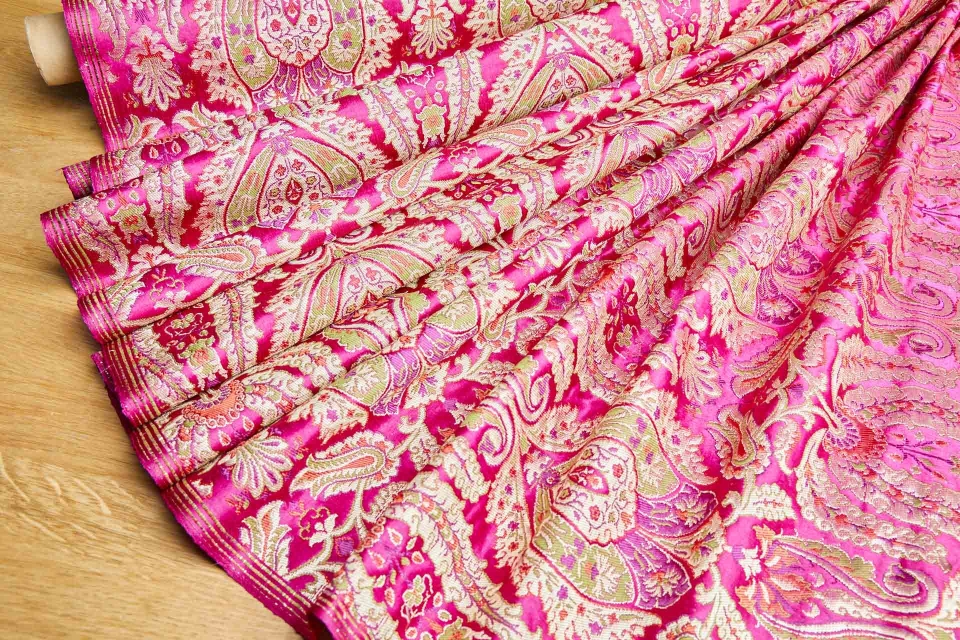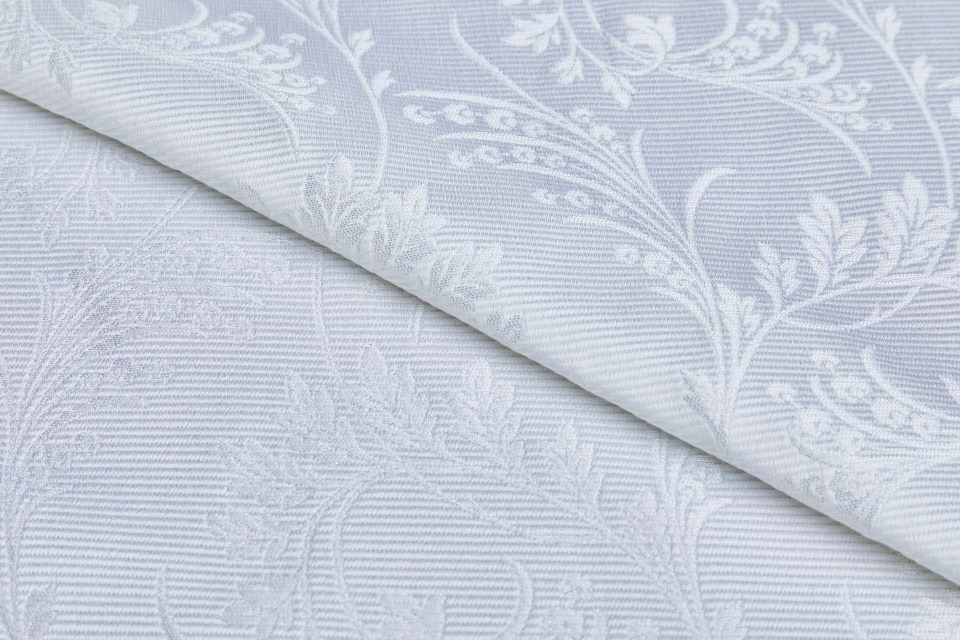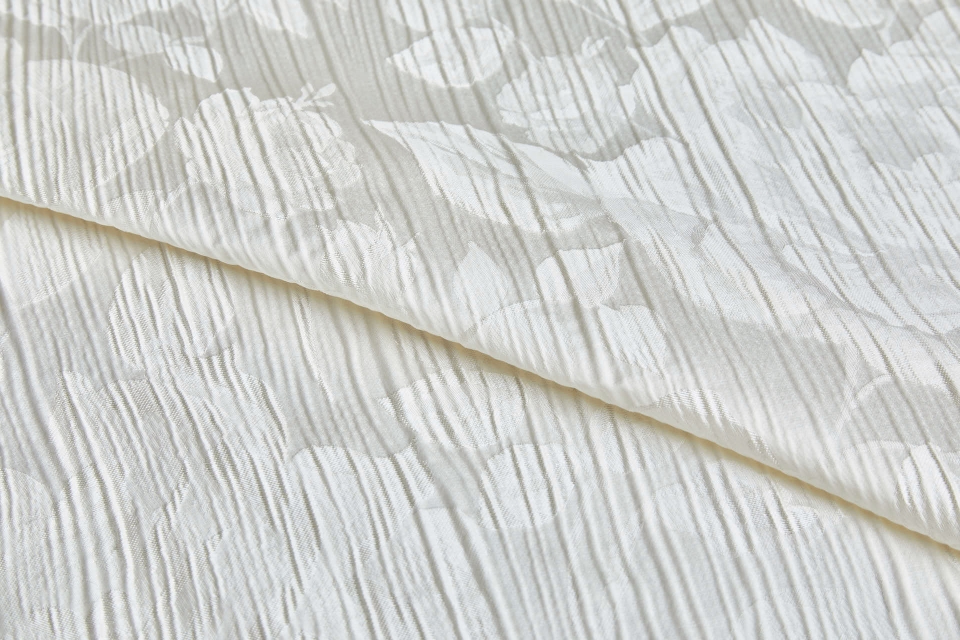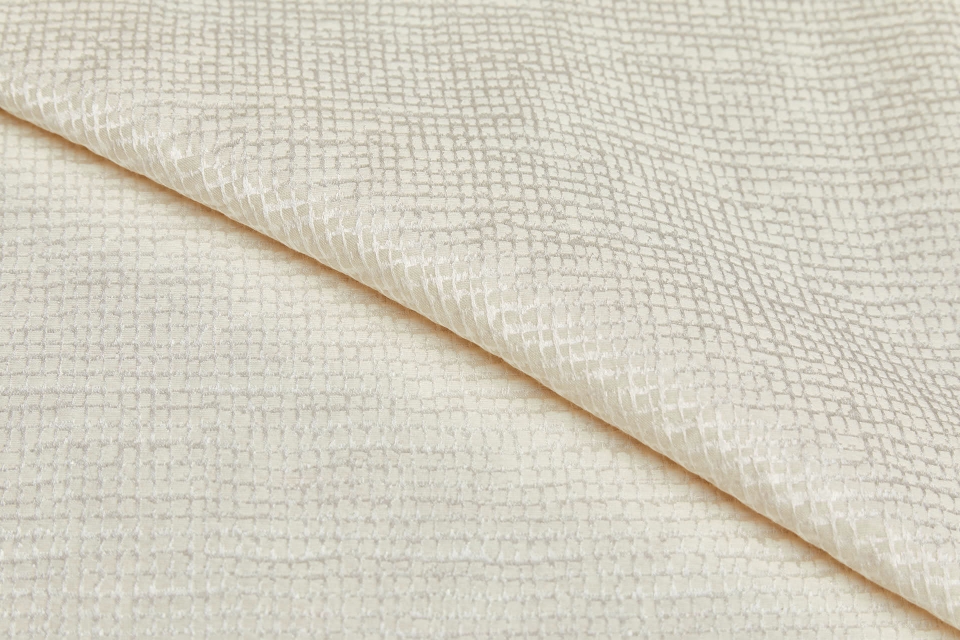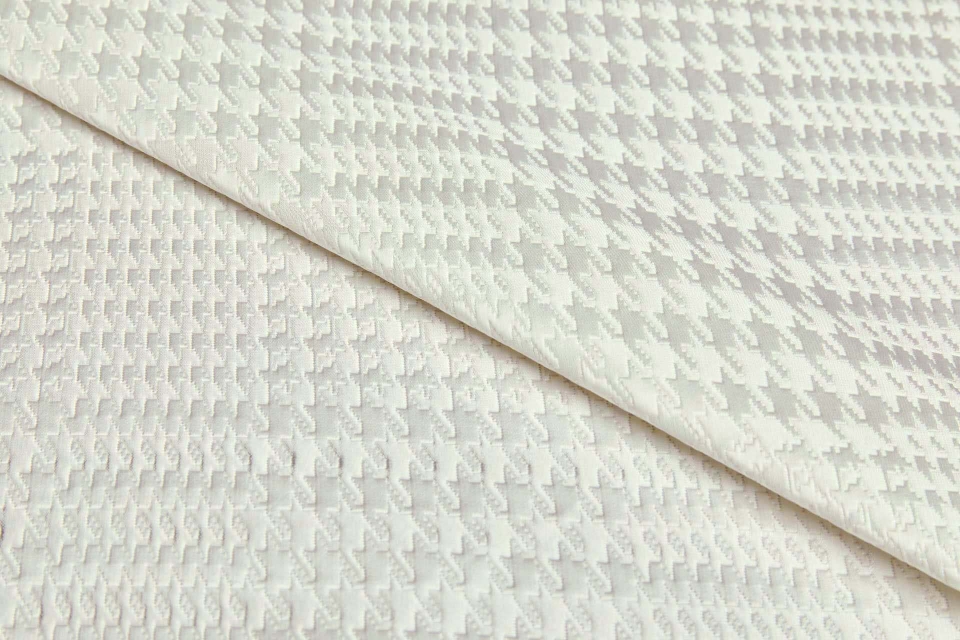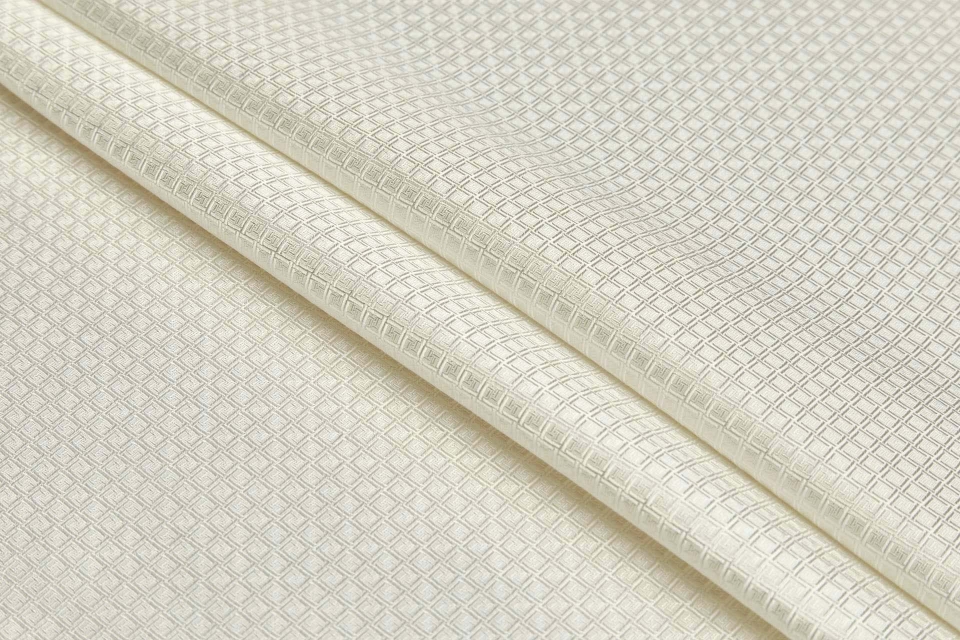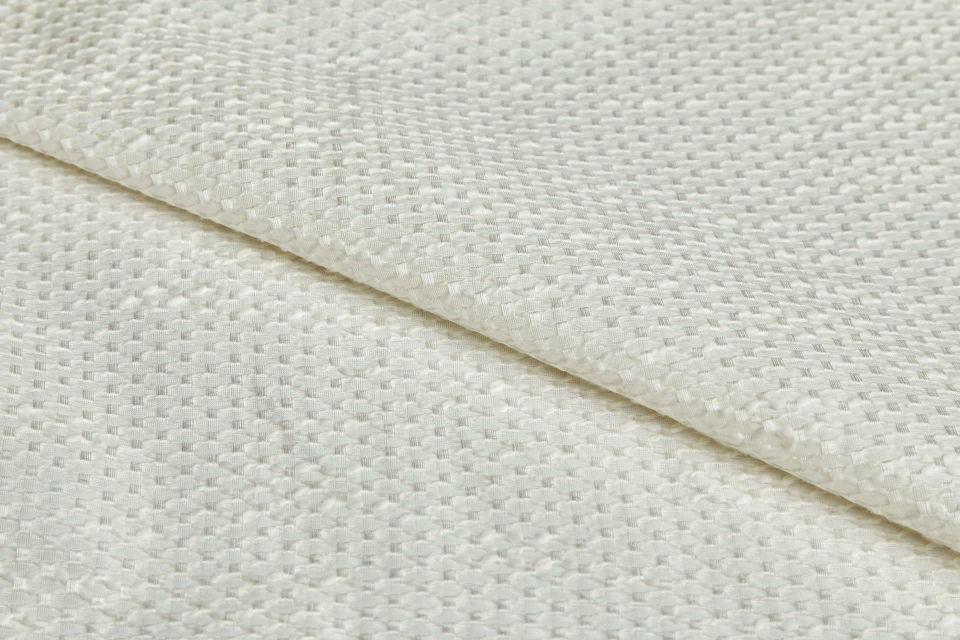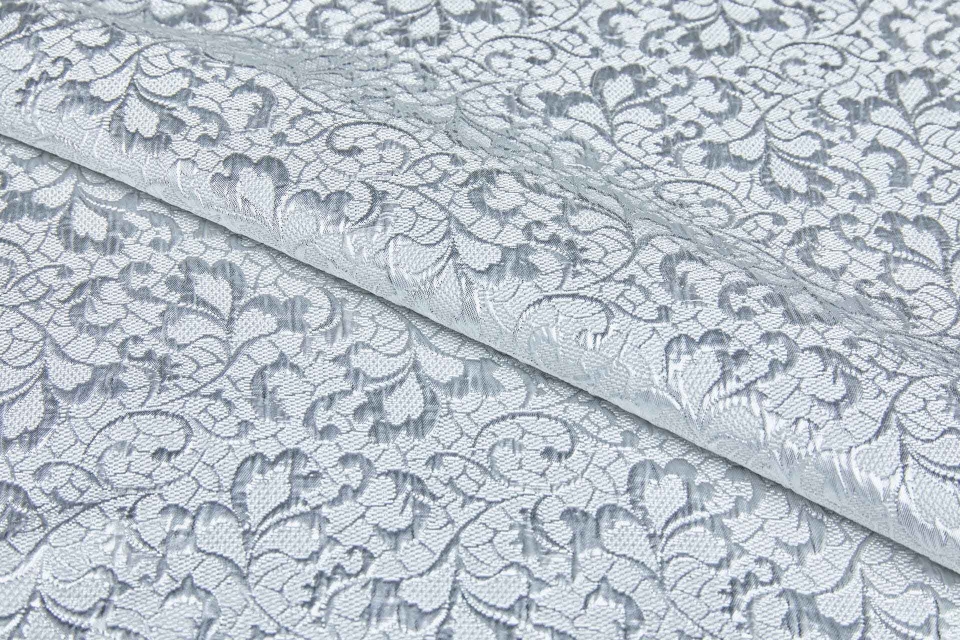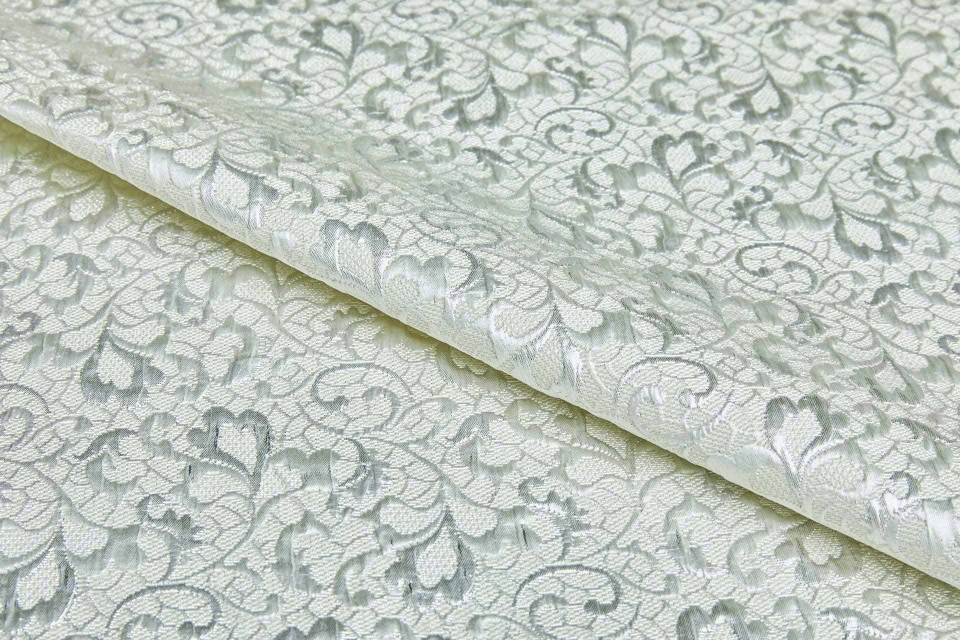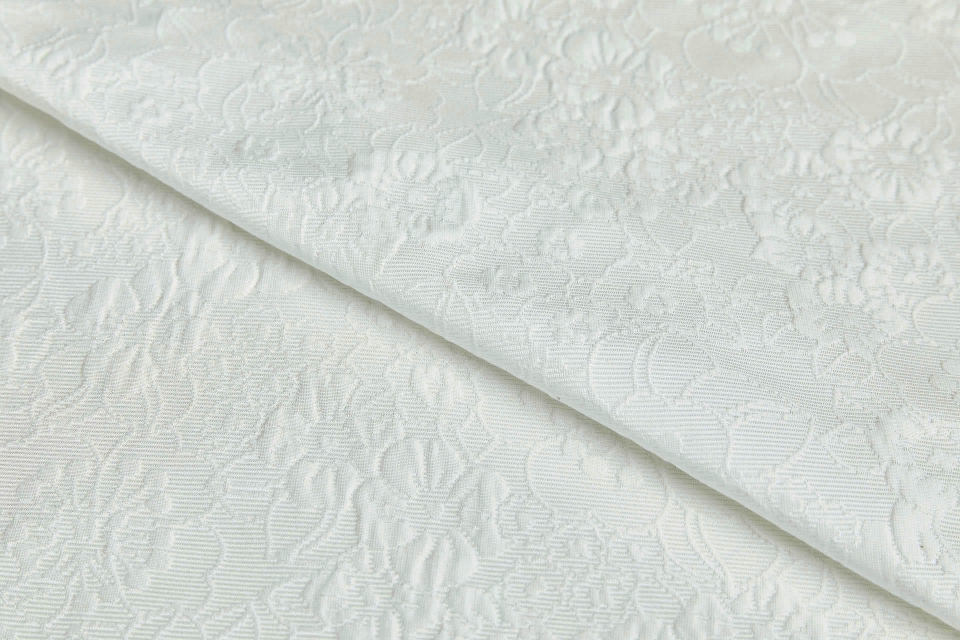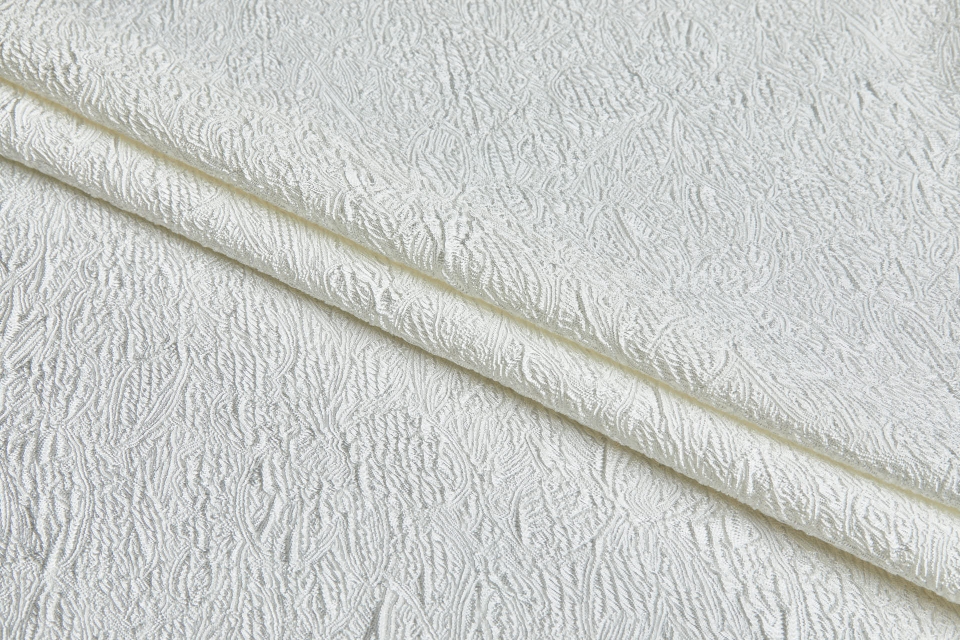We use cookies to make your experience better. To comply with the new e-Privacy directive, we need to ask for your consent to set the cookies. Learn more.
Brocade Fabric
Comprehensive Guide to Brocade Fabric: Everything You Need to Know
Introduction to Brocade Fabric
Brocade fabric is a luxurious, richly decorative material characterized by its raised patterns and intricate designs. Known for its opulent appearance, brocade is often associated with formal and ceremonial attire, making it a favorite among fashion designers, seamstresses, costume designers, sewing enthusiasts and a variety of other professionals. In this comprehensive guide, we will delve into the history, characteristics, uses, and care of brocade fabric, providing you with everything you need to know to work with this elegant material.
Brocade Fabric at Top Fabric
At Top Fabric we stock the finest Brocade fabric from around the world, including European Brocade, Inian Brocade and Chinese Brocade. If you can't find what you are looking for please feel free to get in touch. We have more than 10,000 fabrics not currently available to buy online.
What is Brocade Fabric?
Brocade is a type of shuttle-woven fabric often made with silk threads, although modern brocade can also be made with synthetic fibers like polyester. The distinguishing feature of brocade fabric is its elaborate designs, which are created through a weaving technique that incorporates metallic threads and sometimes gold or silver, giving the fabric a three-dimensional effect.
History of Brocade Fabric
The origins of brocade fabric date back to ancient China, around 200 BC, where it was initially woven with silk and gold threads for royalty and the elite. The technique spread to other parts of Asia, the Middle East, and eventually Europe, particularly during the Renaissance, when it became synonymous with wealth and high social status.
Characteristics of Brocade Fabric
- Texture: Brocade fabric is known for its textured surface, featuring raised patterns that stand out from the background.
- Weight: It is typically medium to heavy in weight, making it suitable for structured garments.
- Durability: Despite its luxurious appearance, brocade is quite durable and long-lasting.
- Sheen: The use of metallic threads gives brocade a subtle or pronounced sheen, adding to its regal appearance.
Types of Brocade Fabric
- Silk Brocade: Made from silk threads, this type is the most traditional and luxurious.
- Cotton Brocade: A more affordable and breathable option, suitable for warmer climates.
- Synthetic Brocade: Made from polyester or other synthetic fibers, offering durability and ease of care.
- Metallic Brocade: Features metallic threads, providing a pronounced sheen and a more dramatic look.
Uses of Brocade Fabric
Fashion Design
Brocade fabric is a staple in high fashion, used to create elegant evening gowns, jackets, skirts, and tailored suits. Its rich texture and appearance make it ideal for statement pieces that require a luxurious touch.
Costume Design
In costume design, brocade is often used for historical and fantasy costumes due to its regal and authentic look. It's perfect for creating period costumes, royal attire, and theatrical costumes that require an opulent feel.
Home Decor
Brocade is also popular in home decor for items like curtains, upholstery, and decorative pillows. Its durability and decorative patterns add a touch of elegance to any room.
Accessories
Fashion accessories like handbags, shoes, and belts can be crafted from brocade to add a luxurious element to an outfit.
Sewing with Brocade Fabric
Preparation
Before cutting and sewing brocade fabric, it's important to pre-wash it if possible to prevent any shrinkage. If the fabric contains metallic threads, dry cleaning is often recommended.
Cutting
Use sharp fabric scissors or a rotary cutter to ensure clean cuts. Since brocade can fray, consider using pinking shears or finishing the edges with a serger.
Sewing
- Needles: Use a sharp or microtex needle to handle the thickness and complexity of brocade.
- Stitches: Opt for a longer stitch length to avoid puckering.
- Thread: Polyester or silk thread works best for sewing brocade.
- Interfacing: Use interfacing to add structure to garments, especially in areas like collars, cuffs, and hems.
Finishing
Finish the raw edges with a zigzag stitch or serger to prevent fraying. Press seams with a pressing cloth to avoid damaging the fabric's surface.
Caring for Brocade Fabric
Washing
Due to the delicate nature and potential presence of metallic threads, it's often best to dry clean brocade fabric. If washing at home, use cold water and a gentle cycle, and avoid wringing or twisting the fabric.
Ironing
Iron on the reverse side of the fabric using a low heat setting. Place a pressing cloth between the iron and the fabric to prevent any potential damage.
Storage
Store brocade garments by hanging them to avoid creases. If folding is necessary, place tissue paper between the folds to prevent creases and friction.
Professionals and Enthusiasts Who Use Brocade Fabric
Interior Designers
Interior designers often use brocade fabric for creating luxurious home decor items such as curtains, drapes, upholstered furniture, and decorative pillows. The rich patterns and textures of brocade add elegance and sophistication to interior spaces.
Event Planners
Event planners might purchase brocade fabric to enhance the decor for weddings, gala events, and other high-end gatherings. Brocade can be used for tablecloths, chair covers, and other decorative elements to create a lavish atmosphere.
Historical Reenactors
Historical reenactors who participate in recreations of historical events or periods often need authentic-looking costumes. Brocade fabric is ideal for creating historically accurate attire for these activities.
Upholsterers
Upholsterers use brocade fabric for reupholstering furniture, especially antique or high-end pieces. The fabric’s durability and decorative appeal make it a popular choice for restoring classic furniture items.
Theatre and Film Costume Departments
Costume departments in theatre and film industries often use brocade fabric to create elaborate costumes for period dramas, fantasy productions, and other genres that require opulent and historically accurate clothing.
Bridal Designers
Bridal designers frequently use brocade fabric for wedding dresses, especially for brides looking for a vintage or royal-inspired gown. The fabric’s luxurious appearance is perfect for creating statement bridal attire.
Milliners (Hat Makers)
Milliners might use brocade fabric to craft unique and ornate hats and headpieces. The rich texture and patterns of brocade can add a touch of elegance to custom-made hats.
Fashion Accessory Designers
Designers specializing in fashion accessories, such as handbags, belts, and shoes, often incorporate brocade fabric into their creations to add a luxurious and distinctive element.
Tailors
Tailors who offer bespoke and custom tailoring services might use brocade fabric for making unique suits, vests, and other formalwear items for clients seeking a luxurious touch.
Quilt Makers
Quilt makers and textile artists might use brocade fabric as part of their projects, incorporating the rich textures and patterns into their designs to create stunning and unique quilts.
Luxury Packaging Designers
Designers who create luxury packaging for high-end products, such as gift boxes and presentation cases, may use brocade fabric to enhance the opulence and appeal of their packaging solutions.
Religious Garment Makers
Artisans who create religious garments and vestments for clergy often use brocade fabric due to its traditional and ornate appearance, suitable for ceremonial and formal religious attire.
Home Sewers
Home sewers and DIY enthusiasts who enjoy crafting and sewing as a hobby might purchase brocade fabric for personal projects, such as making custom clothing, home decor items, or gifts.
Furniture Designers
Furniture designers might use brocade fabric for creating unique and luxurious pieces, especially for high-end markets. The fabric’s durability and decorative appeal make it a popular choice for statement furniture.
Window Treatment Specialists
Specialists who design and install custom window treatments may use brocade fabric for creating luxurious drapes and valances, enhancing the aesthetic appeal of a room.
Bag Makers
Artisans who create custom bags and purses might use brocade fabric to add a touch of elegance and uniqueness to their products, making them stand out in the market.
Pillow Designers
Designers who specialize in decorative pillows often use brocade fabric to create luxurious and eye-catching pieces that add a touch of opulence to home decor.
Tapestry Artists
Artists who create wall tapestries and other textile art might use brocade fabric to incorporate its rich textures and intricate patterns into their works.
Cultural and Ethnic Clothing Designers
Designers who specialize in cultural and ethnic clothing often use brocade fabric to create traditional garments that require rich and elaborate fabrics.
Doll Makers
Artisans who make collectible or custom dolls might use brocade fabric for creating detailed and luxurious costumes for their dolls, adding to their charm and value.
Tips for Designers and Enthusiasts
Choosing the Right Brocade
Select brocade based on the intended use. For garments, consider the weight and drape of the fabric. For accessories or home decor, focus on durability and pattern.
Pattern Matching
When working with brocade, pay attention to pattern placement and matching. Ensure that seams align with the design to maintain the fabric's visual integrity.
Combining with Other Fabrics
Brocade can be combined with other fabrics like silk, velvet, or satin to create interesting textures and layers. This can add depth to your designs and make your projects stand out.
Experimenting with Colours
Brocade comes in a variety of colours and patterns. Don't be afraid to experiment with bold hues and intricate designs to create unique and eye-catching pieces.
Conclusion
Brocade fabric is a timeless, luxurious material that adds elegance and sophistication to any project. Whether you're a fashion designer creating a stunning evening gown, a costume designer crafting historical attire, or a sewing enthusiast making decorative home items, understanding the characteristics, uses, and care of brocade fabric is essential. By following the tips and techniques outlined in this guide, you can confidently work with brocade and bring your creative visions to life.

